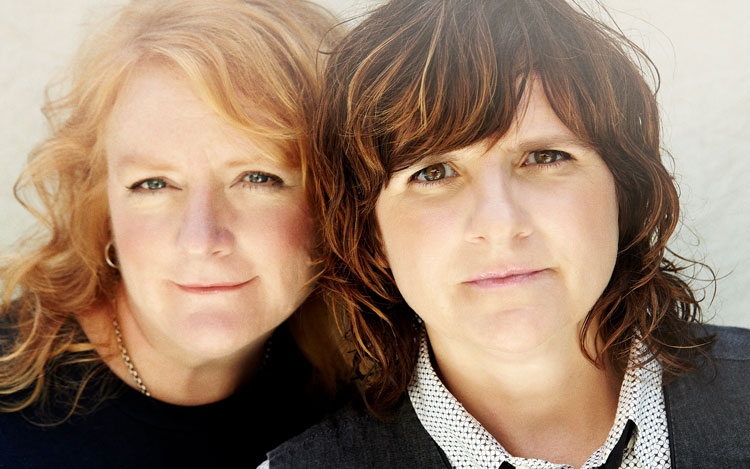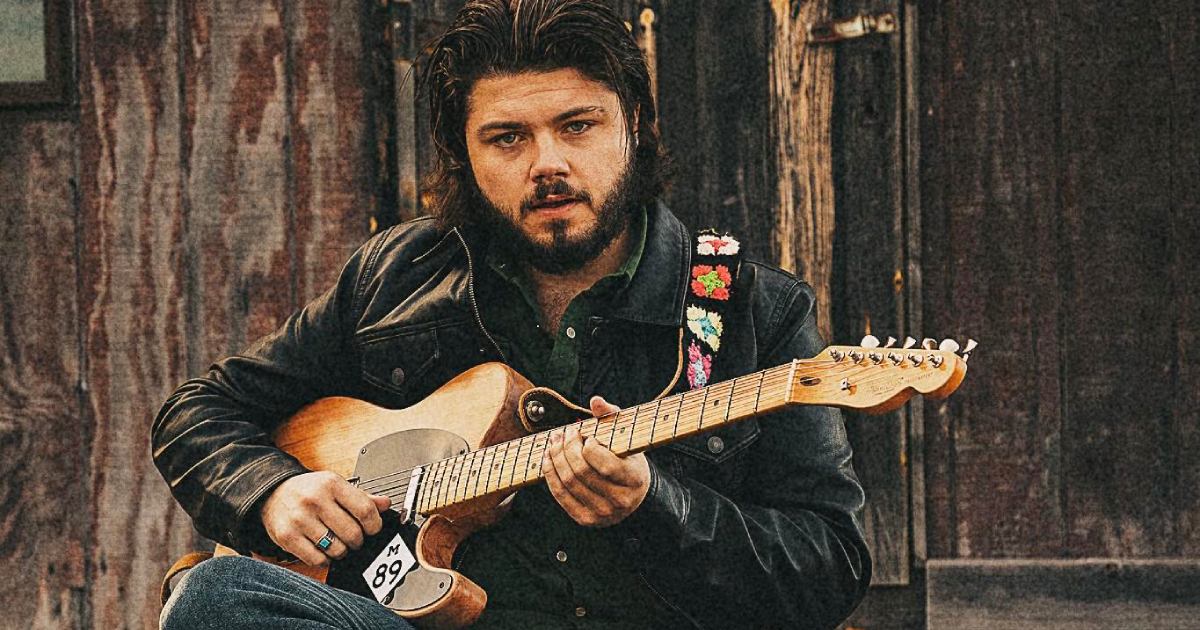In 1990, the Indigo Girls won a Grammy Award for “Best Contemporary Folk Album” — at that same ceremony they also lost in the “Best New Artist” category to another duo: Milli Vanilli.
Perhaps that’s an indicator of how the recording industry can work sometimes. Honest and true songwriting isn’t always rewarded. But the Indigo Girls, Amy Ray and Emily Saliers, have retained their staunch following thanks to their never-waning brand of folk rock. Their new album One Lost Day is album number 14 for the Atlanta-based songsmiths. The LP hits stores June 2 and on June 17 the pair returns to Meijer Gardens with a full band.
And after a long run on Epic Records, the Indigo Girls have seemingly detached themselves from that major-label hoopla. They went full circle and launched their own indie label, IG Records, while still touring the world, recording acclaimed albums, being mothers and remaining a major voice in the LGBT rights movement. Oh, and not surprisingly, they’re still here long after “Blame it on the Rain” was exposed as a sham. Take that, Grammy Awards.
Saliers, 51, chatted with Revue about what’s inspiring her (Yelawolf!) and how she juggles motherhood and having a wife while touring the world.
How has the recording process changed for the Indigo Girls since you started in 1985?
Saliers: When we first got signed we just wanted to do what we’d been doing. We were sort of resistant to a lot of new ideas and change. As time went on we became more comfortable in the studio and in our skin, more directed in what we did and didn’t like. Fast forward to now and we’re completely open-minded about trying something new with a new producer, but the way we work together is very much the same. If Amy wrote the song she really has the last word on the direction of the song, how we arrange it or what we put on it. The same goes for my songs. We have that nice creative autonomy, but we also listen to each other.
Touring these days must be different, with a little one at home, right?
It’s difficult because I miss my daughter Cleo and Amy misses her daughter. The homesickness is very intense. Sometimes the kids can come out — but they are little, little kids, so they need their routines and comforts and stuff. It makes it harder for my wife and Amy’s partner to organize our lives to have them well taken care of. So it’s logistically more challenging, but everything is worth it and we’re able to work it out.
You married your wife Tristin Chipman in 2013. How is it dealing with the gay marriage laws?
Before we were able to get married — we got married at City Hall in New York — it was really difficult because we didn’t know what the future held. I thought we might have to end up moving to Canada, which isn’t a bad thing because I love Canada, but my whole family is here and everything is set up here. Cleo was born here. Because marriage is a federal thing for citizens of other countries, when we got married I was able to sponsor her. Now she’s a resident with a Green Card. That law changed our lives in one day. It’s incredible. Now I have high hopes the Supreme Court will abandon the banning of gay marriage and Georgia will have to recognize my marriage legally. Then we’ll have the full protection under the law that we should have.
Are you surprised gay marriage rights have come this far?
It’s inconceivable that it’d happen in our lifetime — but I’m living the dream. I would definitely say things keep getting better. Each younger generation is more progressive. The fact that a major television show like Orange is the New Black has a Trans person is huge for Trans Awareness. Even with Bruce Jenner, hearing his story about his transition, we really have come a long way. There is always hatefulness you can dig up, but as far as Queer rights, we’ve come a long way.
Do you wait until you’re inspired to write songs these days?
I used to do it when I was inspired, but I don’t do that anymore. It’s like going to the office or going to work, really. But the creative process is largely the same. If I have a guitar in my hand I start playing with chord progressions. Then I start drawing from the well of words I’ve collected. The music is always easier than the words. I think that’s because as far as chord progressions, there’s only so much I can do, or would want to do, to carry a song. But with the words, it’s a mystery land.
Joni Mitchell has been a major influence on you. How did you get into her?
From the very first time I heard her that was it. I was a teen when an older friend introduced me to her. Joni was like the pinnacle to me. She’s a renaissance musician, a brilliant songwriter. She has a caustic wit, I love her way with words and the way she explores different musical styles. She’s the epitome of a great musician, songwriter and artist.
What are the issues you think people should be talking about?
There are a lot of issues in the Queer community, like the terribly high suicide rate, homeless rate, addiction rate, things like that. They come from an oppressed group not having resources. Those are serious problems. We’ve come a long way but have so much more to work on. Obviously, in this country there are great racial divides and tensions with this whole issue of Ferguson and what’s been brought up with the relationship between the police and the community. All of those are very serious, systemic problems. But it’s a time when social media is able to bring a lot of things to light. It points out things we need to work on, but it can also overemphasize haters. You have to kind of sort through it all. You ignore the haters and take a look at the serious problems and see where you can become involved. I always have hopes there can be change for the better.





